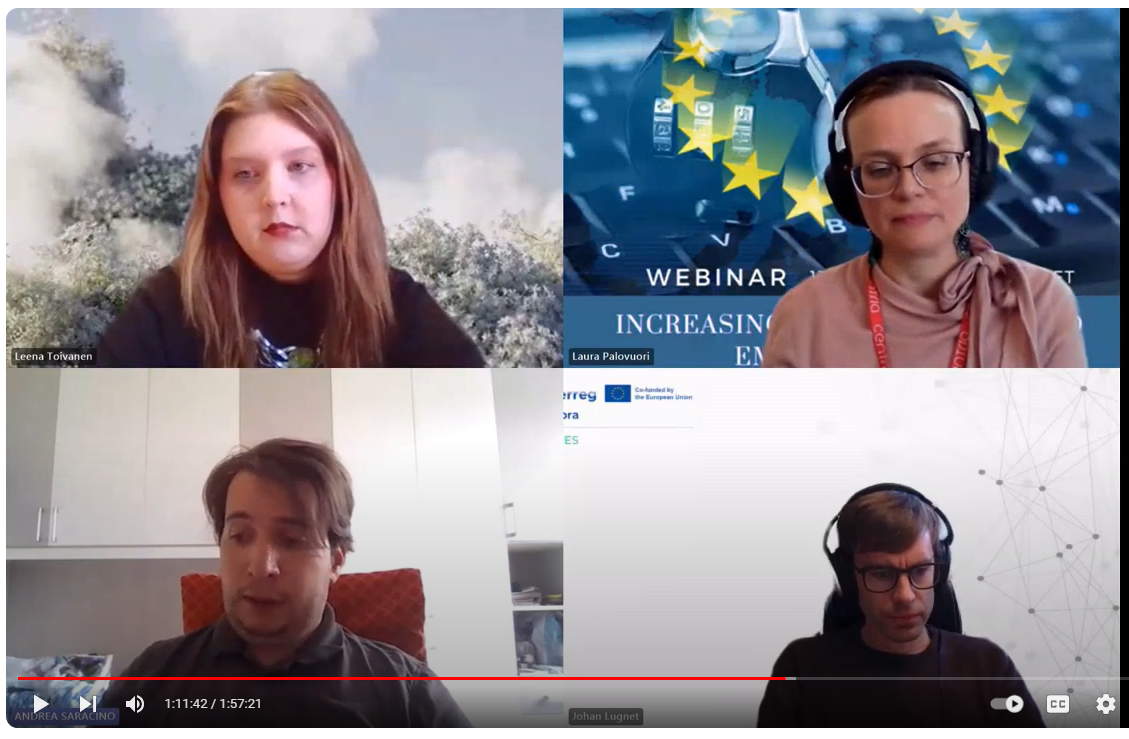I have worked on many projects promoting digitalization. I have never really questioned its importance. Digitalization is simply something that is happening. The digital environment is part of our lives whether we want it or not. It is both an opportunity and a challenge.
The president of European Comission Ursula Von der Leyen said in her State of the Union – speech (2023), Internet was developed to share information and to connect people. But now serious cybersecurity threats have been raised.
At the moment a large part of European households have internet access. And the number is growing. According to Statista, in 2020, there were 2.5 billion IoT connections in Europe. The forecast for 2025 expects an increase of over 70 percent. This number includes all refrigerators, vacuum cleaners, surveillance cameras and similar devices connected to the internet. In addition, about 307 million people in Europe use Facebook daily, and 30 per cent of workers regularly worked from home last year.
This is our reality these days. We spend a large part of our everyday lives on the Internet. Our personal information is spread all over there somewhere: for example, our e-mail addresses, credit card numbers, health information and so on.
Take smart home for example. What do we need to be able to use internet connected household devices? First of all, we need a proper digital environment. But in addition to that we need trust do feel comfortable to bring these devices to our home. Building trust requires solid layer of cybersecurity. According to Hypponen´s law “If it´s smart, its´s vulnerable”.
If the digital environment were safe and reliable, we could make use of it in both work and leisure, we could be more efficient and innovative, and more creative. And it would be even better if we can develop this together on a European scale, so that digitalization could enhance well-being and equality. The increased digitalization could also be seen as a threat to social interaction. Or? Perhaps we just need new forms of communication. We have access to the whole world and excellent opportunities for international cooperation, as evidenced by the three different projects in the webinar: Increasing Cybersecurity and empowerment in the digital environment in Europe. https://youtu.be/DCdYKIIC-4M
The Webinar was organized together with DistansLAB: Distance LAB – Interreg Baltic Sea Region (interreg-baltic.eu) and with ISSUES: CyberNorth – A highly informative site about Information Security and Cyber Security
About the writer
Laura Palovuori is a R&D project communicator at Centria University of Applied Sciences. Her interests are in cybersecurity awareness, sustainability, and well-being.

